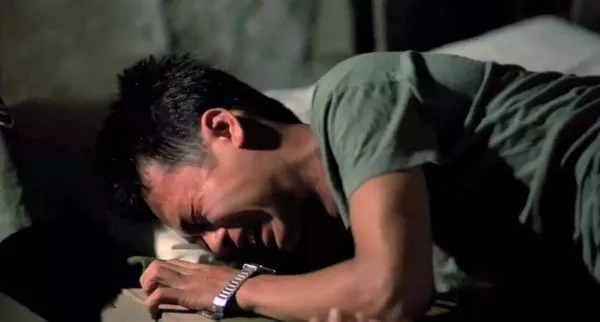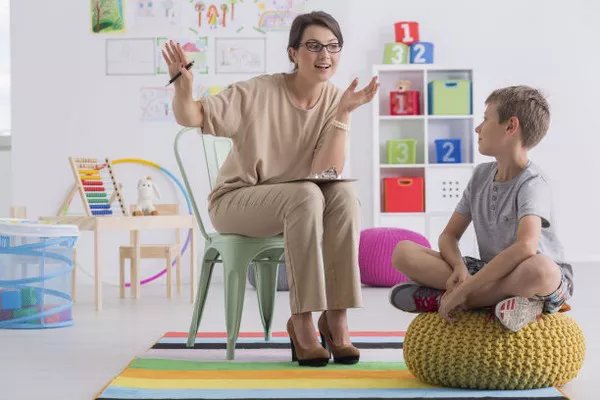In a year-long endeavor aimed at understanding the mental health dynamics of school-going children in Delhi, counsellors engaged with over 20,000 students across 20 schools, shedding light on the profound impact of the COVID-19 pandemic on the well-being of the youth.
Under the collaborative project titled “School Mental Health,” initiated by the Delhi government in partnership with the Institute of Human Behaviour and Allied Sciences (IHBAS), counsellor Lovisha Arora, along with 19 other counselor psychologists, conducted specialized sessions, including immersive art classes, in a government school in New Delhi. These sessions sought to assist students in comprehending and managing their emotions.
The project, which has been under consideration since 2016, gained momentum during the pandemic, recognizing the heightened challenges faced by children who witnessed loss, trauma, and disruptions in their lives. Lovisha noted a significant shift post-pandemic, with issues such as anger, screen addiction, and anxiety becoming more pronounced among students, leading to self-harm, substance abuse, and school absenteeism.
Counsellor Simran Kaur, part of the initiative, emphasized concerns expressed by students regarding bullying, difficulties concentrating on studies, and struggles in forming interpersonal relationships with family and friends. Engaging in activities like painting exercises, Simran uncovered the depth of emotions harbored by students, with many expressing long-standing feelings of anger.
Dr Aparna Goyal, an assistant professor at IHBAS involved in the project, highlighted that approximately 200 children were referred to specialized care centers, but only a fraction followed through with the recommended sessions. She underscored the reasons behind anxiety in different age groups, citing career uncertainties, board exams, and relationship challenges for classes X, XI, and XII students, while peer relationships and bullying emerged as primary concerns for those in classes VI to IX.
A common thread among students was the lack of communication with parents, particularly prevalent in lower-income groups, where parental support was insufficient. Dr Aparna stressed the necessity for fostering dialogue within families and noted instances where counselors had to intervene to encourage families to address their children’s mental health.
Bullying, a pervasive issue identified during the initiative, was linked to a background of aggression, exposure to domestic violence, and excessive screen time, leading to consumption of inappropriate content. Dr Aparna acknowledged the prevalence of bullying victims, revealing the prolonged absence from school and societal stigmatization faced by those expressing mental health concerns.
The project aims to not only identify mental health challenges but also advocates for increased awareness, sensitization, and support systems within the educational framework to address the complex needs of school children in Delhi.




























